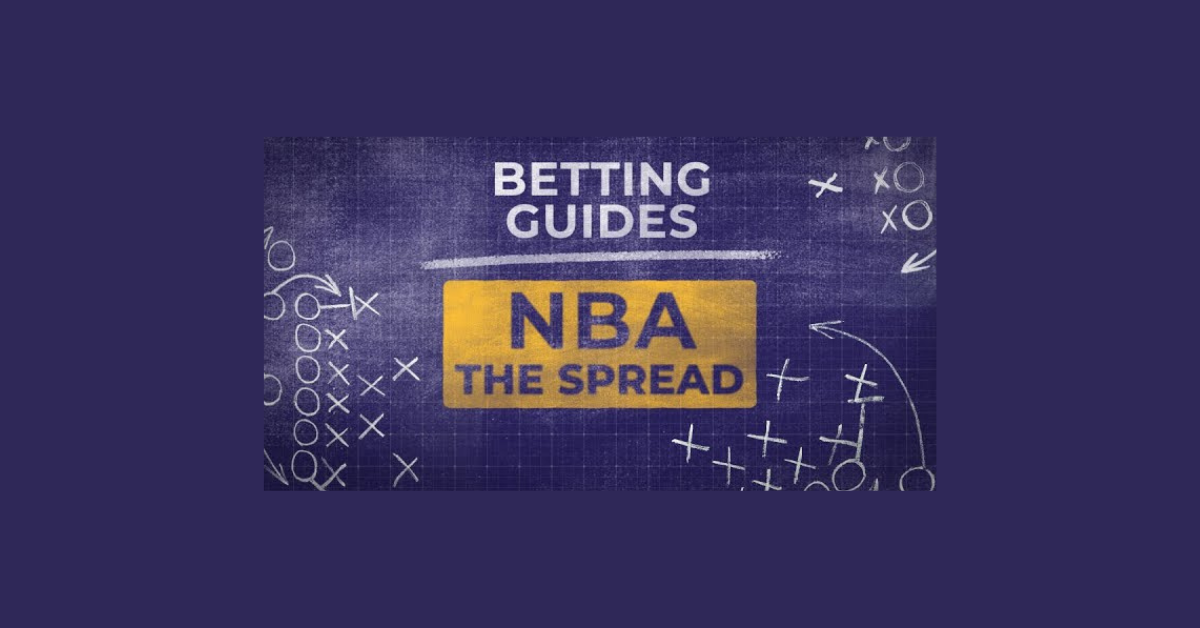Understanding the Point Spread
In sports betting, the point spread is a fundamental concept that determines the perceived strength difference between two teams. It’s used to level the playing field and make wagering on games more enticing by giving underdogs a chance to cover the spread. The point spread is typically expressed as a positive or negative number, indicating how many points a team is either favored to win by or needs to win by.
For example, if the Los Angeles Lakers are favored by 6.5 points against the Golden State Warriors, a bet on the Lakers will only win if they win by more than 6.5 points. On the other hand, a bet on the Warriors will be successful if they win the game outright or lose by less than 6.5 points. Understanding the point spread is crucial for NBA betting enthusiasts as it influences betting strategies and the potential payout of a wager.
How the Point Spread Works in NBA Betting
In NBA betting, the point spread is a popular method used by sportsbooks to level the playing field between two unevenly matched teams. The favorite team is designated with a negative number (e.g., -5.5), indicating that they are expected to win by that margin. Conversely, the underdog is assigned a positive number (e.g., +5.5), suggesting that they are expected to lose by that margin.
For bettors, the point spread serves as a handicap that can make wagering on either team more appealing. To win a bet on the favorite, they must win by more than the specified point spread. On the other hand, betting on the underdog means they can either win the game outright or lose by less than the specified point spread for the bet to pay out. The point spread adds excitement and strategy to NBA betting, giving fans a variety of options and outcomes to consider when placing their wagers.
Factors Affecting the Point Spread
Factors affecting the point spread in NBA betting can vary based on several key elements. One significant factor is the team’s recent performance and overall record. Teams on winning streaks or with a strong track record are likely to have a smaller point spread in their favor compared to struggling teams with a poor win-loss ratio. Additionally, injuries to key players can greatly influence the point spread. If a star player is sidelined, oddsmakers may adjust the spread to reflect the team’s decreased performance potential.
Another crucial aspect that impacts the point spread is the venue of the game. Home-court advantage plays a significant role in setting the spread, as teams tend to perform better when playing in front of their home crowd. This can lead to a smaller point spread for the home team, reflecting the higher likelihood of them winning or covering the spread. On the other hand, visiting teams may face a larger spread due to the added difficulty of playing in a hostile environment away from their home court.
Difference Between Point Spread and Moneyline Betting
When it comes to NBA betting, understanding the difference between point spread and moneyline betting is crucial. Point spread betting involves wagering on the margin of victory in a game. Bettors must predict whether the favored team will win by more points than the point spread or if the underdog will lose by fewer points than the spread. On the other hand, moneyline betting focuses solely on picking the outright winner of the game, regardless of the margin of victory. Unlike point spread betting, where odds can vary based on the perceived strength of each team, moneyline odds are straightforward, with bettors needing to consider only which team will win.
Importance of Point Spread in NBA Betting
Point spread is a critical aspect of NBA betting, influencing the betting odds and the overall betting experience. It serves as a way to even out the playing field between two teams of varying skill levels, making each game more exciting and competitive for bettors. Without the point spread, the favorite team would always be expected to win outright, which would diminish the engagement and thrill of NBA betting.
Additionally, the point spread allows for more strategic and informed betting decisions. Bettors have the opportunity to analyze various factors, such as team performance, player injuries, and home-court advantage, to determine the likelihood of a team covering the spread. This adds a layer of complexity and skill to NBA betting, as bettors must consider not only which team will win, but also by how many points they will win or lose by.















